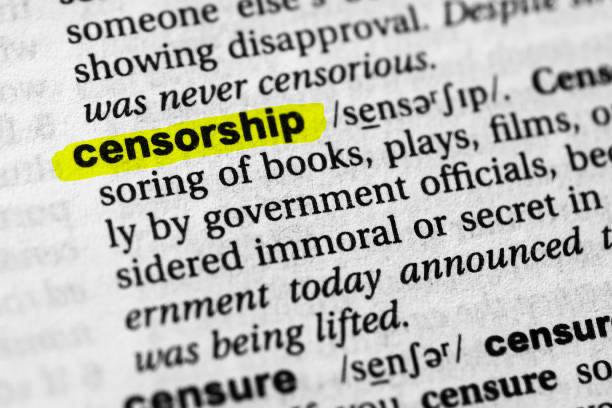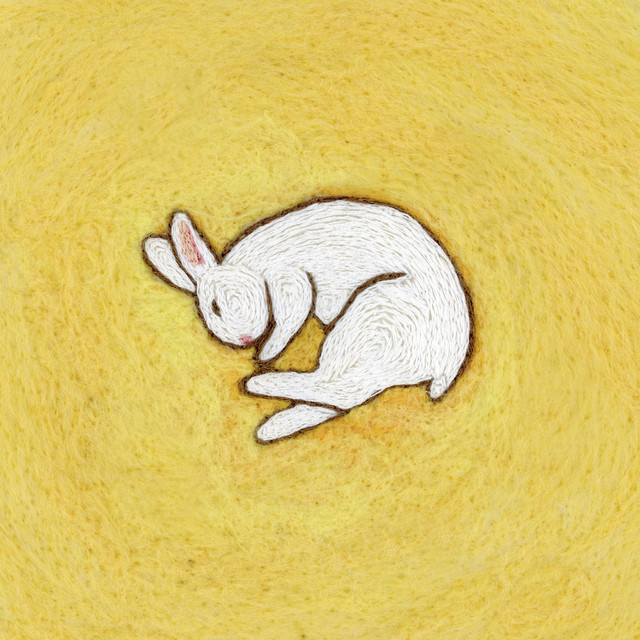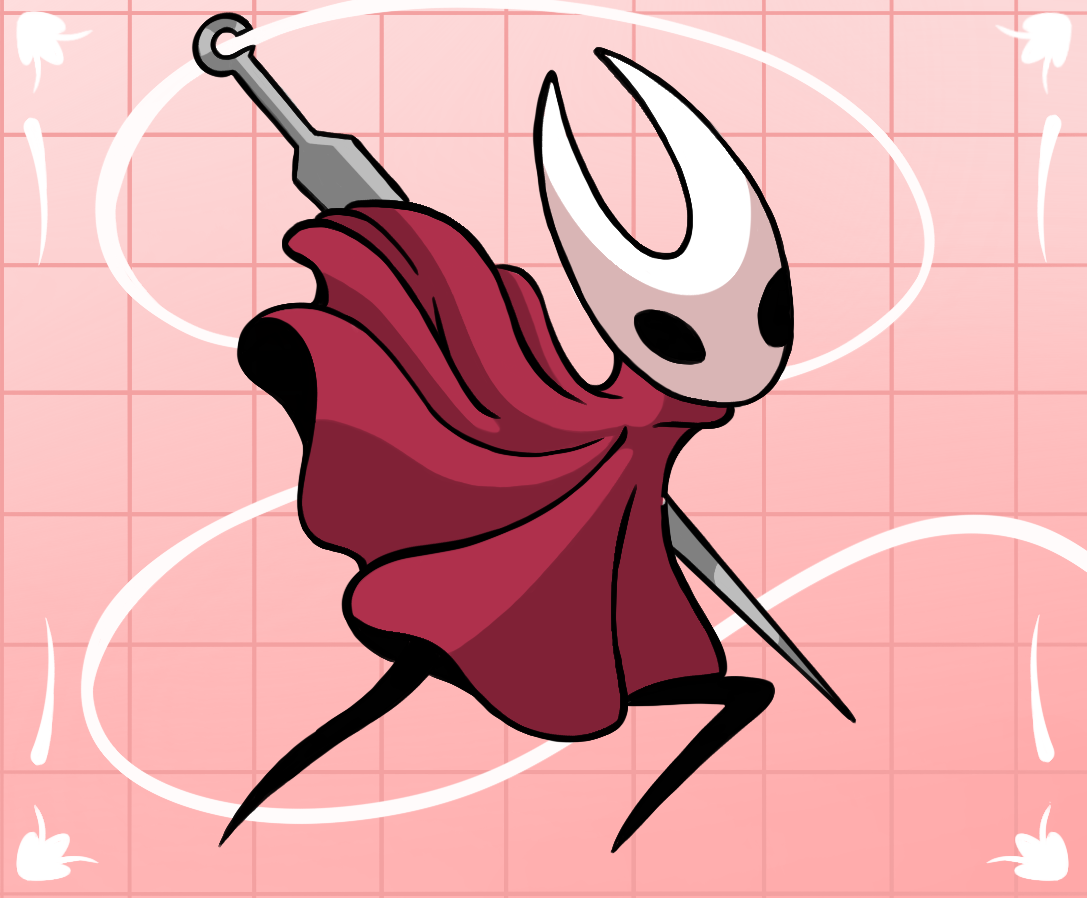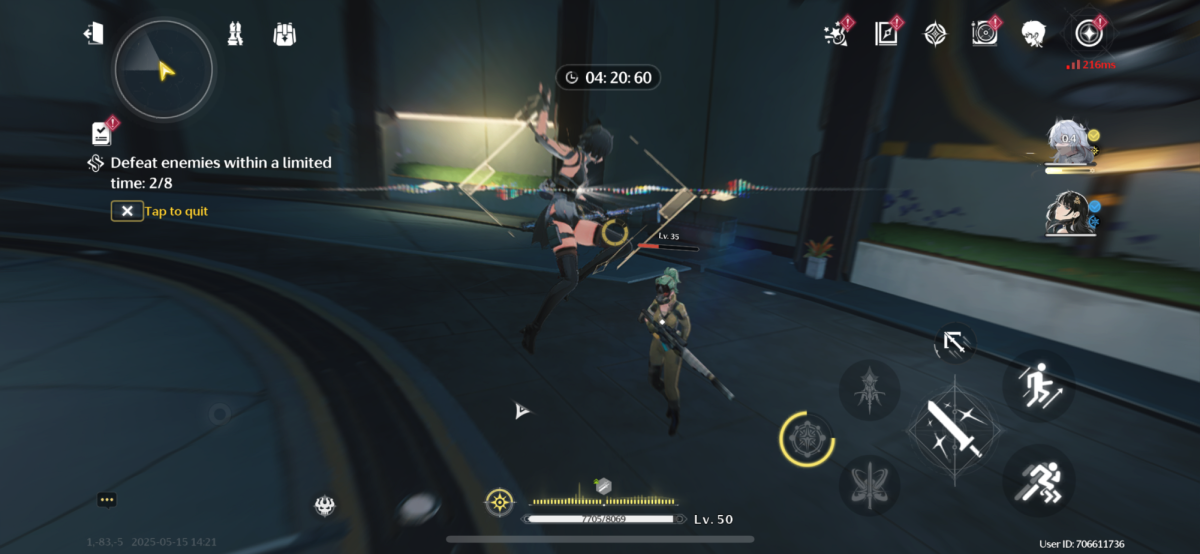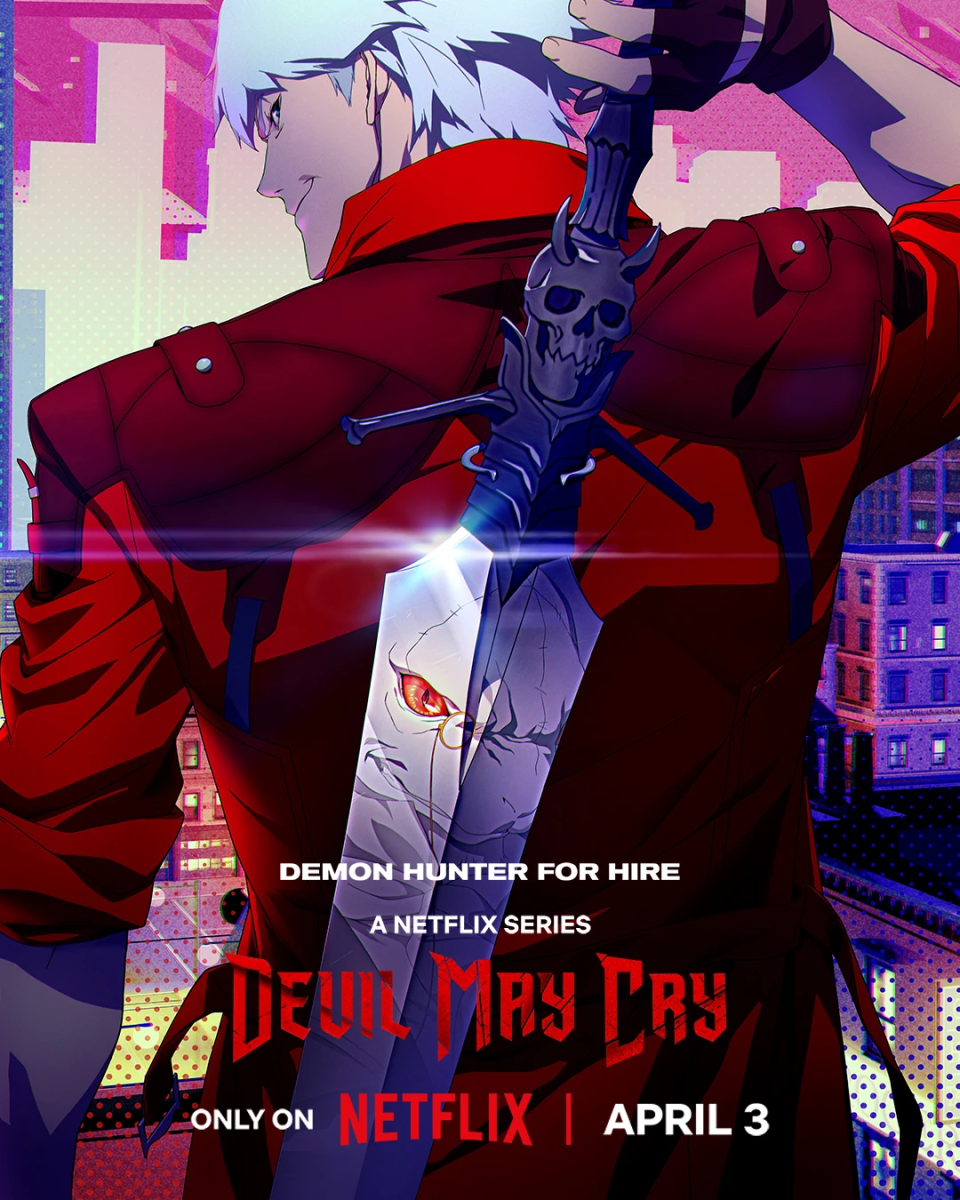In 1983, “The Diary of a Young Girl” by Anne Frank was banned by an Alabama textbook committee for being a real “downer.”
Books have been targeted by parents for years and banning books has been one of America’s largest forms of censorship. Book banning has been an issue for years and it’s becoming complicated. Book banning has increased by 65% in 2023 compared to the previous year, according to the American Library Association (ALA). The ALA has been recording book bans for over a decade. In 2023, titles representing BIOPIC and LGBTQIA+ communities made up 47% of the bans. In 2021, the ALA published an infographic that consists of words and reasoning as to why books were being banned and found that “sexual explicitness” is the number one argument for banning books.
Banned books deal with “difficult” themes, “The Absolutely True Diary of a Part-Time Indian” by Sherman Alexie has been the top ten most banned books of the decade. I recently read it for my freshman English class and the book was immaculate, it deals with racism, issues of identity, alcoholism, poverty, loss, and eating disorders. These are why this book has been banned, but they were also how I learned about these topics and gave me a new perspective. When I first read this book I was weary because it supposedly was sexually explicit, however, from what I recall there were roughly five pages in the book that mentioned anything sexual. Any mention of sex isn’t graphic or disturbing, the part where the character does mention sex is easily skippable and irrelevant to the story. The whole book shouldn’t be banned because it “has graphic descriptions of sex.”
Parents on the website commonsensemedia.org have been outraged by their kids reading this book. A user who goes by “beauty goof” explains how their 9th grader had to read it for an honors English class. The user wrote in a post, “I read and was appalled at the graphic details of masturbation starting 3rd chapter. Truly felt like I was reading porn. And the level of reading difficulty is a 5th, maybe 6th-grade reading level. I couldn’t get past the visual of reading this to get any benefit of educational value. If it mentioned masturbation it would have been fine. But to go into detail about how for at least a full page is disgusting.” This user most likely didn’t read the book, they probably skimmed through it and only read the alleged graphic parts. To claim this book has no educational value and it’s like reading porn is absurd. The book mentions the word sex eight times. “The Absolutely True Diary of a Part-Time Indian” has so many important themes. I learned so much about poverty, death, and the experiences of Native Americans. The book does deal with harsh themes but these themes are important and gave me a different perspective on how others live. These “difficult” topics are important to talk about because these are issues that everyday people deal with, especially kids. I also relate to Alexies struggle with identity and trying to find where he belongs. This story broadened my worldview and it educated me on what life looks like for someone who has different struggles. If a parent doesn’t like the book, then they can request for their child not to read it, banning it is unnecessary.
One of my favorite books as a kid was “Drama” by Raina Telgemeier. She’s written six books, and I’ve read five of them. She’s an amazing artist and storyteller. I vividly remember going home the day I got “Drama,” sitting on the couch and reading it in one day. Everyone in elementary school loved her books, which were constantly checked out from the library. “‘Drama,’ tells the story of Callie, stage-struck and boy-crazy, who becomes embroiled in the offstage drama of producing her school’s play,” says Graphic Artists Guild. The book got banned for having LGBTQ+ themes. One character is gay and therefore it got banned. This is ridiculous. Whether they read it in a book, or see it in real life, kids will know people who are part of the LGBTQ+ community. Banning this book because one character is gay is absolutely against our First Amendment, freedom of speech rights. If parents have an issue with their children reading a book, then don’t let your child read the book, banning it for all children does not fall under parental rights.
Out of the top 100 most banned books from 2010-2019, I’ve read a handful of them, some of these books have been turned into movies or television series like, “Perks of Being a Wallflower” and “Thirteen Reasons Why.” I read “Perks of Being a Wallflower” in 2012, the book deals with important themes such as depression and domestic abuse. Still, it’s the fourth most banned book for 2023.
“Thirteen Reasons Why” deals with some intense themes as well. Thirteen reasons why deals with depression, rape, and even school shootings. I have not read the book but have seen the TV show. The TV show is quite problematic but follows a similar plot line to the book. But the graphic imagery in the show can be quite disturbing. An article published by the Harvard Political Review says the show is a “glamourized revenge fantasy.” The show does not accurately portray suicide it it focuses on entertainment rather than educating the audience about mental health issues. The book has been challenged for the same reasons but, it’s not as graphic as the show. The book has won many awards such as the California Book Award Silver Medal (2008) and the South Carolina Young Adult Book Award (2010). YALSA also named it the Best Book for Young Adults.
With movie adaptations being common media today, why are only the books getting banned? There’s a lot of explicit media in movies, easily accessible to anyone with an electronic device. Why are parents more concerned about what their kids are reading rather than what they consume on the Internet? Reading is a fundamental skill that everyone uses in their daily lives and it should be encouraged. Access to books shouldn’t be a problem. When a parent complains about a book, the biggest counterargument is that nobody’s forcing your child to read that book. Parents should find ways to protect their children however they see fit. However, this protection should not be in the form of censorship and banning for other children who might want to read it or educate themselves about a certain topic. Banning books censors the voices that need to be heard.
If parents disagree with the age range a book is targeted to, libraries should allow a compliant system as a solution.


